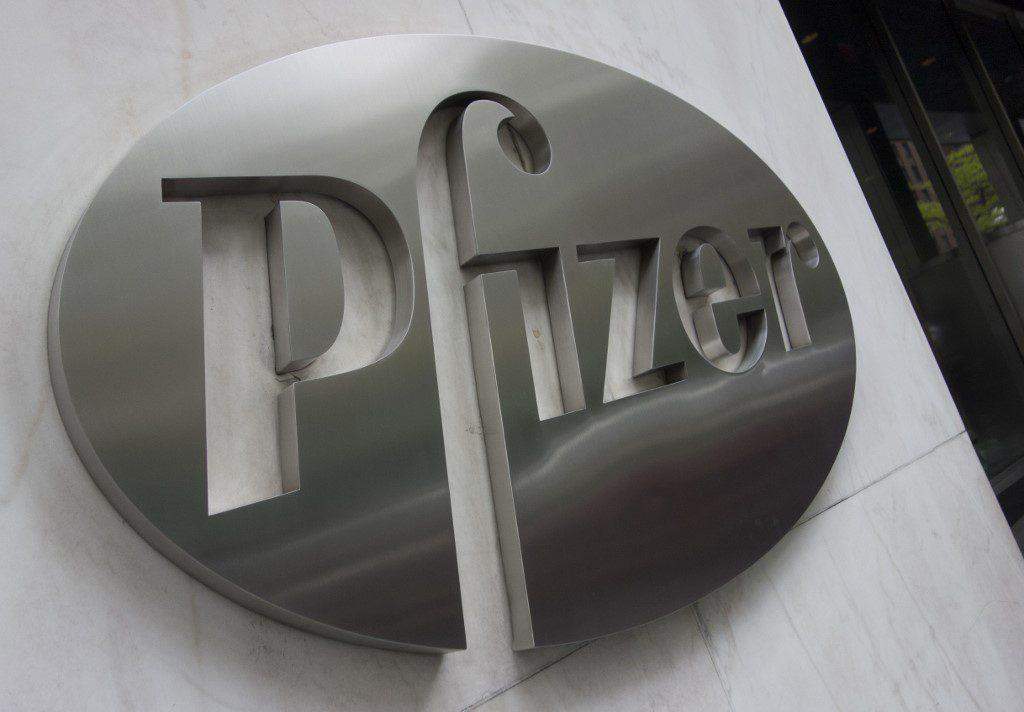In a virtual media roundtable to raise awareness of Antimicrobial Stewardship, Pfizer, a leading pharmaceutical company, emphasized that Antimicrobial Resistance (AMR) is a significant threat to global health. Dr. Kodjo Soroh, Pfizer’s West Africa Medical Director, explained that AMR occurs when bacteria, fungi, viruses, and parasites no longer respond to medications, rendering infections difficult to treat and increasing the risk of disease spread, severe illness, and death.
Furthermore, the company warned that AMR’s unchecked rise could transform minor infections into life-threatening issues, make treating severe infections impossible and render many commonplace medical procedures too risky to perform. To help combat the spread of AMR, Pfizer encouraged governments and the public health sector to support measures that allow for sustained innovation in the development of new antibiotics and vaccines.
Professor Oyinlola Oduyebo, speaking at the virtual roundtable, reinforced AMR’s seriousness, noting that “Antimicrobial resistance is a serious threat to global public health.” He emphasized the importance of strengthening Antimicrobial Stewardship Programs (AMS), which promotes, improves, monitors, and evaluates the rational use of antimicrobials to preserve their future effectiveness while protecting public health.
AMR has already claimed at least 700,000 lives each year, according to Pfizer. Without concerted efforts to address and regulate the overuse of antibiotics and other antimicrobial medicines, this figure could increase to ten million deaths per year by 2050. Overusing antibiotics creates stronger germs, and some bacteria already have resistance to common antibiotics. When bacteria become resistant to antibiotics, treating infections becomes harder, more expensive, and potentially ineffective, threatening public health globally.
